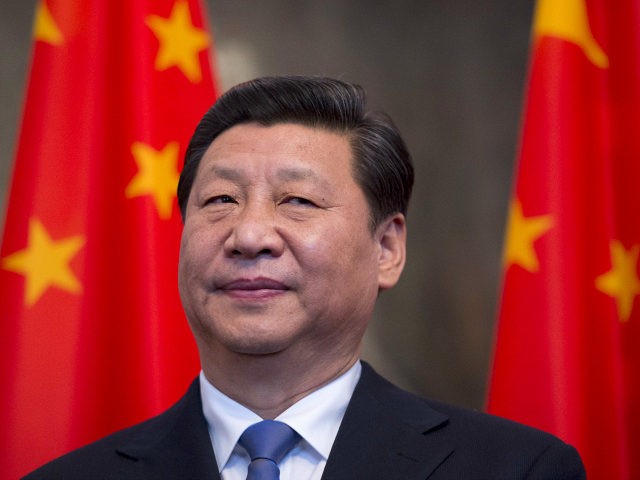A growing protest movement in China’s Hubei province brought thousands of people to the streets on Thursday, the seventh straight day of demonstrations against plans to build a waste incineration plant on the site of a landfill instead of converting the area into a public park.
The landfill in question is located close to residential areas in the city of Yangluo. Residents had been told the landfill would be cleared out and converted into a public park, but rumors began spreading last week that the district government has decided to build a new waste-to-energy plant instead.
Demonstrations began last weekend with at least 10,000 participants, but Thursday’s march was even bigger. The city has about 300,000 residents. The authorities responded by sending in a huge force of riot police and making at least 20 arrests.
Chinese censors suppressed news of the demonstration on social media after photos and videos of the event began trending on Weibo, the Chinese version of Twitter. Several people were reportedly arrested for forwarding information about the protests through China’s heavily monitored social media platforms. Mobile phone transmissions have been blocked in the city to keep news of the protests from spreading.
Some of the banned images showed citizens, including elderly people, beaten bloody by the police. Comparisons were drawn with the Hong Kong protest movement, and the Yangluo protests were interpreted as a sign of growing disgust among the Chinese people with their government’s lack of sensitivity to the environment.
Similar demonstrations against waste incinerators have been held in other Chinese cities over the past few years, some of them successful at persuading local officials to cancel or relocate the projects. China’s rapid industrialization and urbanization have created enormous problems with waste disposal, problems the Chinese government tends to solve without much concern for public health or environmental safety.
Demonstrators complained about the poor quality of the air and water in their city and expressed anger at the prospect of living next door to a waste-burning plant after years of putting up with the stench of the landfill.
“There are many ways in which this will have an impact on people’s lives: the air pollution, the harm to health, all of that. But what government really speaks up for the people? None of them do. If they did, then no garbage incinerators would be built in residential areas,” one resident complained.
The local government tried claiming the rumors of a waste-burning plant were merely unfounded hysteria spread by troublemakers, but city planning documents and cost estimates for the project were uncovered. These documents indicated the plant would be built only 800 meters from residential buildings instead of the recommended 1.5 kilometers, and the construction contract was given to a firm that was established less than three months ago.
The documents indicated preliminary construction has already commenced in secret, even though Yangluo residents were told in June that a location for the waste incinerator had not yet been selected. Local officials responded to the protests by insisting the plant will not be constructed without “public approval.”

COMMENTS
Please let us know if you're having issues with commenting.